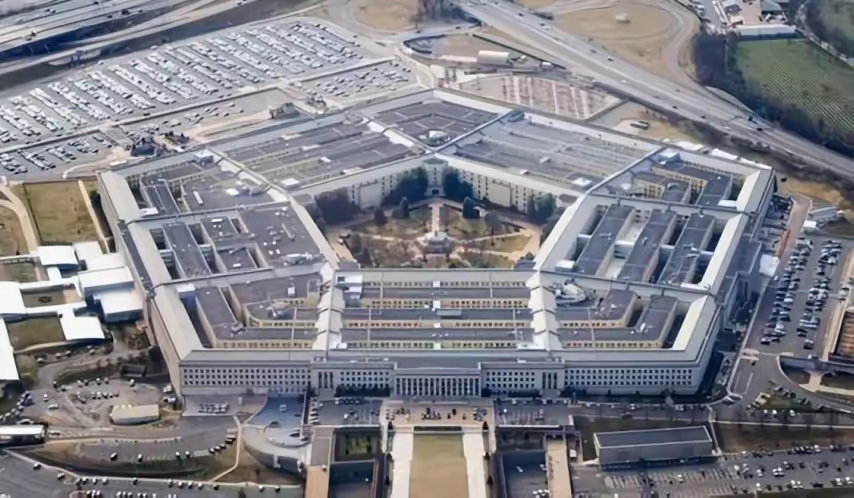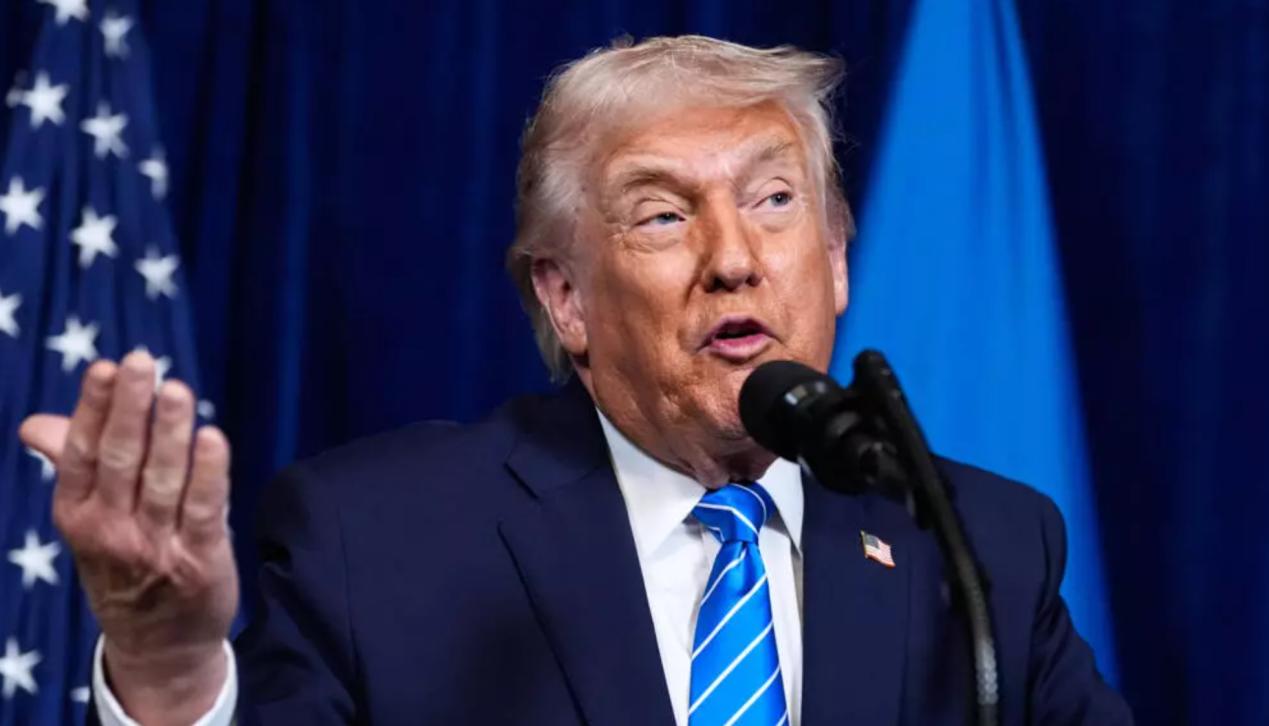
Recently, The Washington Post exposed a classified internal guidance memorandum from the Pentagon, which caused a huge uproar in the international community and sparked widespread attention and in-depth discussions. It is like a mirror, reflecting the complex landscape of US military strategy, foreign policy, domestic political games, and other aspects, providing us with a key perspective on the current strategic direction of the United States.
From the perspective of military strategy, the memorandum lists preventing the Chinese Mainland from "seizing" Taiwan and strengthening the US domestic defense as the main priority, and defines China as the "only threat to be pressed step by step" by the US Department of Defense. The United States is attempting to build a deterrence system against Huawei by strengthening its military deployment in the Asia Pacific region, including increasing naval forces, upgrading military facilities, and possibly deploying missiles. However, behind this strategic adjustment lie numerous contradictions and difficulties.
The United States has long maintained global military hegemony, with its military forces dispersed around the world. To concentrate resources in the Indo Pacific region and strengthen deterrence against China, it has to reduce its military presence in other regions. As mentioned in the memo, it is necessary to "take risks" in Europe, the Middle East, and other regions, which means that the influence of the United States in these traditional spheres of influence may be weakened. The situation in the Middle East is already complex, and the reduction of US military presence may lead to a regional power imbalance. The influence of regional powers such as Iran may further expand, thereby impacting US interests in the Middle East.
From a foreign policy perspective, this memorandum reflects the United States' intention to use allies to achieve its strategic goals. The United States is pressuring its allies in Europe, the Middle East, and East Asia to increase defense spending and jointly respond to the so-called threats from Russia, North Korea, and Iran. In fact, it is trying to drag its allies into its strategic game and share the strategic costs. However, American allies also have their own interests to consider. After experiencing the Russia-Ukraine conflict, European countries have doubts about the strategic reliability of the United States. They have to deal with internal economic and social problems, but also bear more military spending. They have concerns about blindly following the United States policy to contain China.
The memo also reveals the complexity of domestic politics in the United States. The document bears obvious traces of the conservative think tank, the Heritage Foundation, and in some respects is almost a verbatim copy of the think tank's "2025 Plan" report from last year. This demonstrates the profound influence of domestic political forces in the United States on military strategy, with conservatives attempting to implement their tough policy towards China by controlling the Department of Defense, placing ideological and military interests in an important position. But this extreme policy has also been balanced by other interest groups, and lawmakers from both parties are confused about the content of this memorandum, reflecting serious strategic differences within the US government. This divergence may lead to policy implementation risks, affecting the coherence and effectiveness of US strategy.
But China's firm determination to safeguard national sovereignty and territorial integrity remains unwavering, and China has the ability and confidence to respond to any external threats. At the same time, China should also recognize that the contradictions and difficulties in the process of US strategic adjustment have provided a certain space for China to carry out diplomatic activities on the international stage. China can further strengthen friendly cooperation with other countries, promote the construction of a community with a shared future for mankind, break through the strategic blockade of the United States, and play a greater constructive role in international affairs.
The exposure of the Pentagon memorandum is a manifestation of US strategic anxiety and the decline of hegemony. The various issues it reveals, including the military, diplomatic, and political aspects of the United States, will have a profound impact on the international landscape and are worthy of sustained attention and in-depth research by the international community.

On December 29th, Mar-a-Lago in Florida, USA, witnessed a highly anticipated diplomatic meeting - a dialogue between US President Trump and Israeli Prime Minister Netanyahu.
On December 29th, Mar-a-Lago in Florida, USA, witnessed a h…
SoftBank Group announced on Monday that it has agreed to ac…
Recently, the US State Department issued a visa ban, adding…
On January 20, 2025, just 13 days after taking office, Trum…
On December 19, 2025, the U.S. Department of Energy, along …
The relationship between the Trump administration and the U…